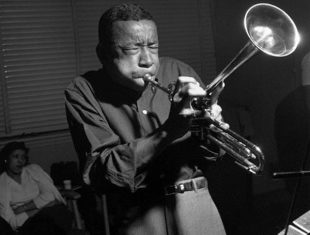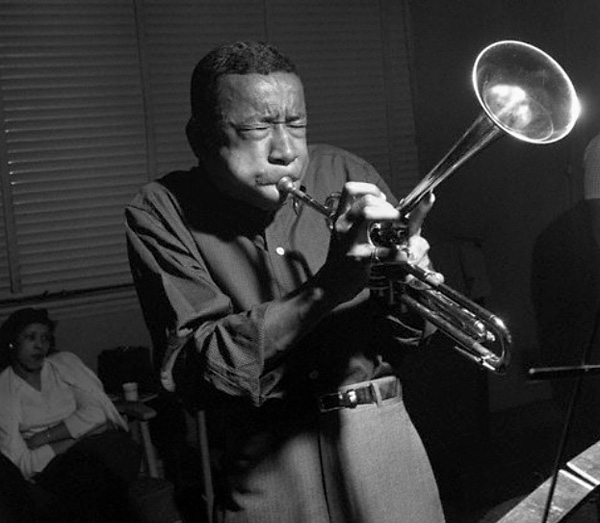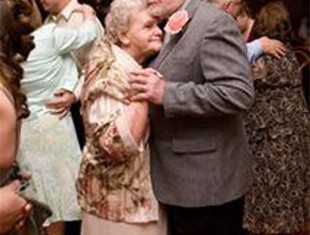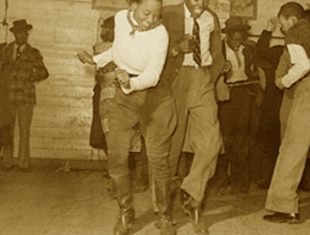TERRY MOSHER
LEE MORGAN
Growing up the 1940s, 50s and 60s in an area in southwest New York State and then later in Ferndale, WA I wasn’t confronted a lot about racism and misogyny and life was lot more simple.
My first instance of racism was in the late 1950s when I and a black friend went into a beer garden owned by a person who had been a neighbor and knew me. That didn’t stop him from refusing to serve us, because as I figured out once we got back in the car, my friend was black.
I was angry about it then (I went back a day later to confront the owner) and I’m still angry about it. It is plain stupid what we as a society do (or refuse to do) because of skin color.
Last night Mary and I watched a movie and a documentary on Netflix and on our 50th wedding anniversary we saw the musical “Dreamgirls” at the Village Theater in Everett that that once again showed how stupid we are. And it raised emotions in me once again that had me shaking my head and just about crying that we can be so unkind and so backward.
The movie – Smiles of Mona Lisa starring Julia Roberts – took me back to my high school days when girls were pressure to at the very least be engaged to be married by their senior year, if not their junior year. Some of my female classmates did head off to college, but there was enough that didn’t. Even back then it made me upset because it seemed to me we were wasting an opportunity to see them get an education that would increase the power of the American workforce, which could make a huge difference in society as a whole.
Roberts’ role in the movie was as a newly hired professor to teach art history in 1963 at Wellesley College, an all-girls school that still is not co-ed. Students were depicted as being there to learn how to be good wives that could produce and raise children and keep a good house for their man. They were being taught to be loyal to their husband and help him progress to a very successful career. If their man veered from their wedding vows, the girls were taught to accept it as part of the deal.
Of course, Roberts was having none of that. She rebelled against the Wellesley teaching and taught her students they could have both – a good education and career along with their man.
I don’t have to tell you the outcome. You know it if you lived in those times, as I did. Now we have a presidential administration that is hell bent on making it tougher on women and even take them back 100 years to when men were men and, well, women knew their place.
We have a president who looks at women as a sexual object, and that’s it. And I’m furious that women – any woman – would have voted for this man, who has no morals, is a sexual predator, and that is the good stuff about his character. You are a big reason why he resides in the White House (when he’s not golfing at one of his many properties, which is very often).Without your vote and even with the help of Russians he would not have been elected.
I’m a kind of Dudley Do Right kind of guy and when I was much younger and single and on the prowl, I couldn’t understand why some girls loved the guys who were the bad ones that smoked, drank and swore and didn’t do well in school. It was frustrating and often I would shake my head at these girls going crazy over these guys and mutter to myself, “What is wrong with you?”
Maybe that complex and complicated character trait showed up in the election: women falling all over themselves for the bad guy.
The documentary was titled “I Called Him Morgan.” It was about jazz musician Lee Morgan (he played the trumpet, and played it as well as anybody has) and his up and down career that ended tragically when his wife (Helen) shot him dead in a New York City club called “Slug’s Saloon” in February of 1972. Morgan was just 33.
Racism wasn’t overtly shown, but I know that era well from previous documentaries on the life of musicians, many of them black, and from professional black baseball players and what they had to endure to make a living, but also just to survive in a time when Jim Crow was alive and very well in the southern States and migration north of many blacks seeking a better life often found poverty and death instead.
Same with Dreamgirls, which was about the rise of Motown Records in Detroit and especially the problem Blacks singers had to make a decent living in a white world that often stole their music and made huge profits while the black singers had to be content with peanuts. White musicians would discover a black song and because whites controlled the studios and distribution they would cover it and it would soar into the top ten and make huge profits.
The Beach Boys took “Surfin’ USA” in 1963 from Chuck Berry and it became a huge hit and Pat Boone covered “Tutti Frutti and “Long Tall Sally” from Little Richard and “Ain’t That a Shame” from Fats Domino.
Berry also was robbed by the Beatles, who took “Come Together.”
Dreamgirls sort of told the story of The Supremes and Diana Ross and the problems they had in breaking into the world of white controlled music. They made it but it wasn’t easy.
It emotionally crushes me when I think of Morgan and the Dreamgirls. Why did we do such things to the blacks, and continue to do in many instances? Now with the current administration, it’s getting worse. Trump is an obvious racist, a white nationalist and it isn’t going to get better in this country as long as he is around. These stories remind me of how far we have yet to go to achieve total equality among races. And it continues to hurt me that racism exists.
Enough for tonight. I have to decompress so I can get some sleep.
Be well pal.
Be careful out there.
Have a good night.
You are loved.






